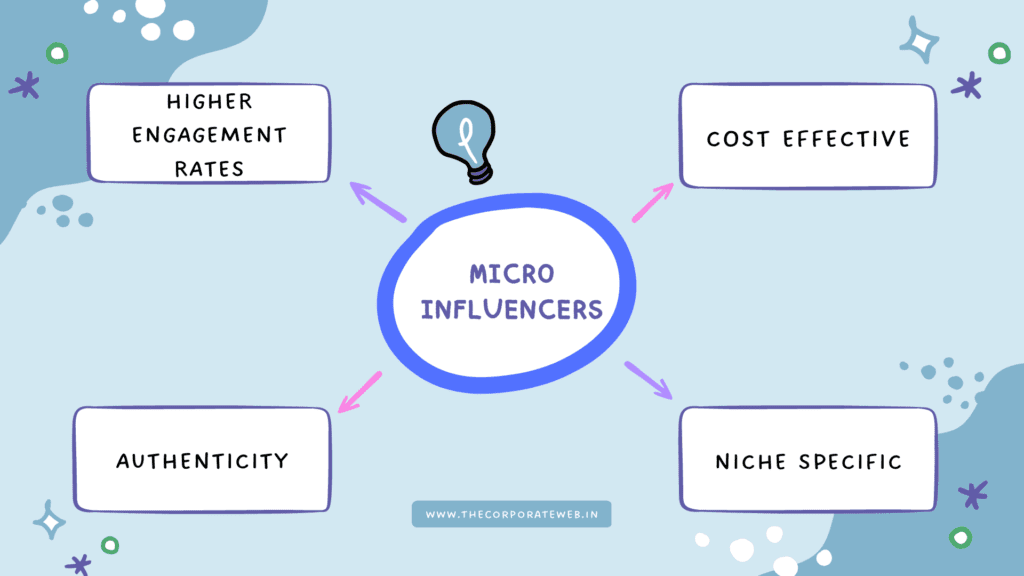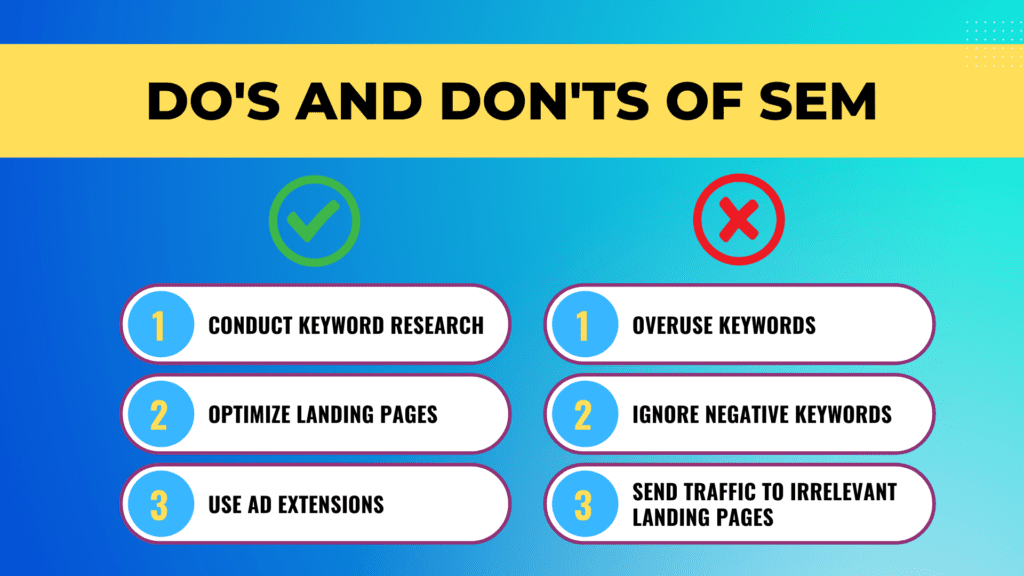Search engine optimization (SEO) is the process of improving the quality and quantity of traffic to a website from search engines through organic search results. It involves optimizing your website’s content and structure to make it easier for search engines to crawl and understand your site’s content.
With the right SEO strategies, you can improve your website’s ranking on search engine results pages (SERPs) and increase your website’s visibility, traffic, and revenue. In this article, we’ll discuss the ultimate guide to search engine optimization and the key factors that you should consider to improve your website’s ranking on search engines.
1. Keyword research
Keyword research is the foundation of SEO. It involves identifying the keywords and phrases that people use to search for your products or services. You can use various tools, such as Google Keyword Planner, SEMrush, Ahrefs, and Moz, to find relevant keywords for your website.
When choosing your keywords, you should consider their search volume, competition, relevance, and user intent. You should also focus on long-tail keywords, which are more specific and less competitive than broad keywords.
2. On-page optimization
On-page optimization refers to the optimization of your website’s content and structure. This includes optimizing your title tags, meta descriptions, headers, URLs, images, and internal links.
You should also ensure that your content is high-quality, relevant, and keyword-rich. Your content should also be easily readable and scannable for users and search engines.
3. Off-page optimization
Off-page optimization refers to the optimization of your website’s external factors, such as backlinks and social signals. Backlinks are links from other websites that point to your website. They are an important ranking factor for search engines because they indicate the quality and relevance of your website’s content.
You can build backlinks by creating high-quality content that other websites would want to link to, guest blogging on other websites, or participating in online communities and forums. Social signals, such as likes, shares, and comments, also play a role in SEO because they indicate the popularity and engagement of your website’s content.
4. Technical Optimization
Technical optimization refers to the optimization of your website’s technical factors, such as site speed, mobile-friendliness, and security. Site speed is a crucial ranking factor for search engines because it affects user experience and engagement. You can improve your site speed by optimizing your images, reducing your page size, and using a content delivery network (CDN).
Mobile-friendliness is also important because most people use their mobile devices to search for information online. You can make your website mobile-friendly by using responsive design, optimizing your font size, and ensuring that your buttons and links are easily clickable. Finally, you should ensure that your website is secure and uses HTTPS to protect your users’ information and data.
5. Content Marketing
Content marketing involves creating and distributing high-quality, relevant, and valuable content to attract and engage your target audience. This includes blog posts, articles, infographics, videos, and social media posts.
Content marketing can help you improve your website’s ranking on search engines by increasing your website’s visibility, traffic, and backlinks. You should also ensure that your content is optimized for search engines by using relevant keywords, optimizing your headings and subheadings, and using internal and external links.
6. Local SEO
Local SEO refers to the optimization of your website for local search results. This is important for businesses that have a physical presence or serve a specific geographic area. Local SEO involves optimizing your Google My Business (GMB) profile, creating local content, building local citations, and getting customer reviews.
You should also ensure that your website is mobile-friendly and has a responsive design to improve your local search rankings.
7. Analytics and reporting
Analytics and reporting are essential for measuring the effectiveness of your SEO strategies. You should use tools such as Google Analytics and Google Search Console to track your website’s traffic, user behavior, and search engine performance.
You should also set up goals and conversion tracking to measure your website’s engagement, leads, and sales. You can use this data to identify the areas of your website that need improvement and adjust your SEO strategies accordingly.
8. User experience (UX)
User experience (UX) is an important factor for SEO because it affects user engagement, satisfaction, and retention. You should ensure that your website has a clear and intuitive navigation structure, a responsive design, fast loading speed, and mobile-friendliness.
You should also ensure that your website’s content is easy to read, understand, and access. Finally, you should make sure that your website is accessible to users with disabilities, such as by using alt tags for images and providing captions for videos.
9. Voice search optimization
Voice search optimization is becoming increasingly important for SEO because more people are using voice assistants, such as Siri and Alexa, to search for information online.
To optimize your website for voice search, you should focus on long-tail keywords and conversational language. You should also ensure that your website’s content is optimized for featured snippets, which are the answers that appear at the top of search results.
10. Artificial intelligence (AI)
Artificial intelligence (AI) is changing the way search engines rank websites and provide search results. AI-powered algorithms, such as Google’s RankBrain, use machine learning to understand user intent and provide more relevant and personalized search results.
To optimize your website for AI, you should focus on creating high-quality, relevant, and user-friendly content that aligns with your target audience’s interests and needs.
Conclusion:
Search engine optimization is an essential process for improving your website’s ranking on search engines and increasing your website’s visibility, traffic, and revenue. By focusing on keyword research, on-page optimization, off-page optimization, technical optimization, content marketing, local SEO, analytics and reporting, user experience, voice search optimization, and artificial intelligence, you can develop a comprehensive and effective SEO strategy that drives results.
Remember to continually monitor and analyze your website’s performance and adjust your SEO strategies accordingly to stay ahead of the competition.
Read More: What is SEO and how does it work?
10 FAQs Related To Search Engine Optimization (SEO)
What is search engine optimization (SEO)?
Search engine optimization (SEO) is the process of optimizing your website’s content, structure, and other elements to improve its visibility and ranking on search engine results pages (SERPs) for relevant keywords and phrases.
Why is SEO important for businesses?
SEO is important for businesses because it helps increase their visibility and online presence, which can lead to more traffic, leads, conversions, and revenue. It also helps businesses stay ahead of their competition and build brand awareness and credibility.
What are the different types of SEO?
The different types of SEO include on-page optimization, off-page optimization, technical optimization, local SEO, content marketing, and voice search optimization.
What is on-page optimization?
On-page optimization refers to the process of optimizing the content and structure of your website’s individual pages to improve their relevance, readability, and user experience for both search engines and users.
What is off-page optimization?
Off-page optimization refers to the process of building high-quality backlinks and social signals to your website from other reputable websites to improve your website’s authority, trustworthiness, and relevance in the eyes of search engines.
What is technical optimization?
Technical optimization refers to the process of optimizing your website’s technical elements, such as its speed, security, mobile-friendliness, crawlability, and accessibility, to improve its overall performance and user experience.
What is local SEO?
Local SEO refers to the process of optimizing your website and online presence to rank higher in local search results, such as Google Maps and local business directories, for relevant keywords and phrases.
What is content marketing?
Content marketing refers to the process of creating and promoting high-quality, valuable, and relevant content, such as blog posts, videos, infographics, and eBooks, to attract and engage your target audience and drive traffic, leads, and sales.
What is voice search optimization?
Voice search optimization refers to the process of optimizing your website’s content and structure to rank for long-tail keywords and conversational phrases that are commonly used in voice search queries.
What is artificial intelligence (AI) in SEO?
Artificial intelligence (AI) in SEO refers to the use of machine learning algorithms, such as Google’s RankBrain, to better understand user intent and provide more relevant and personalized search results for users. To optimize for AI, you need to focus on creating high-quality, relevant, and user-friendly content that aligns with your target audience’s interests and needs.

















